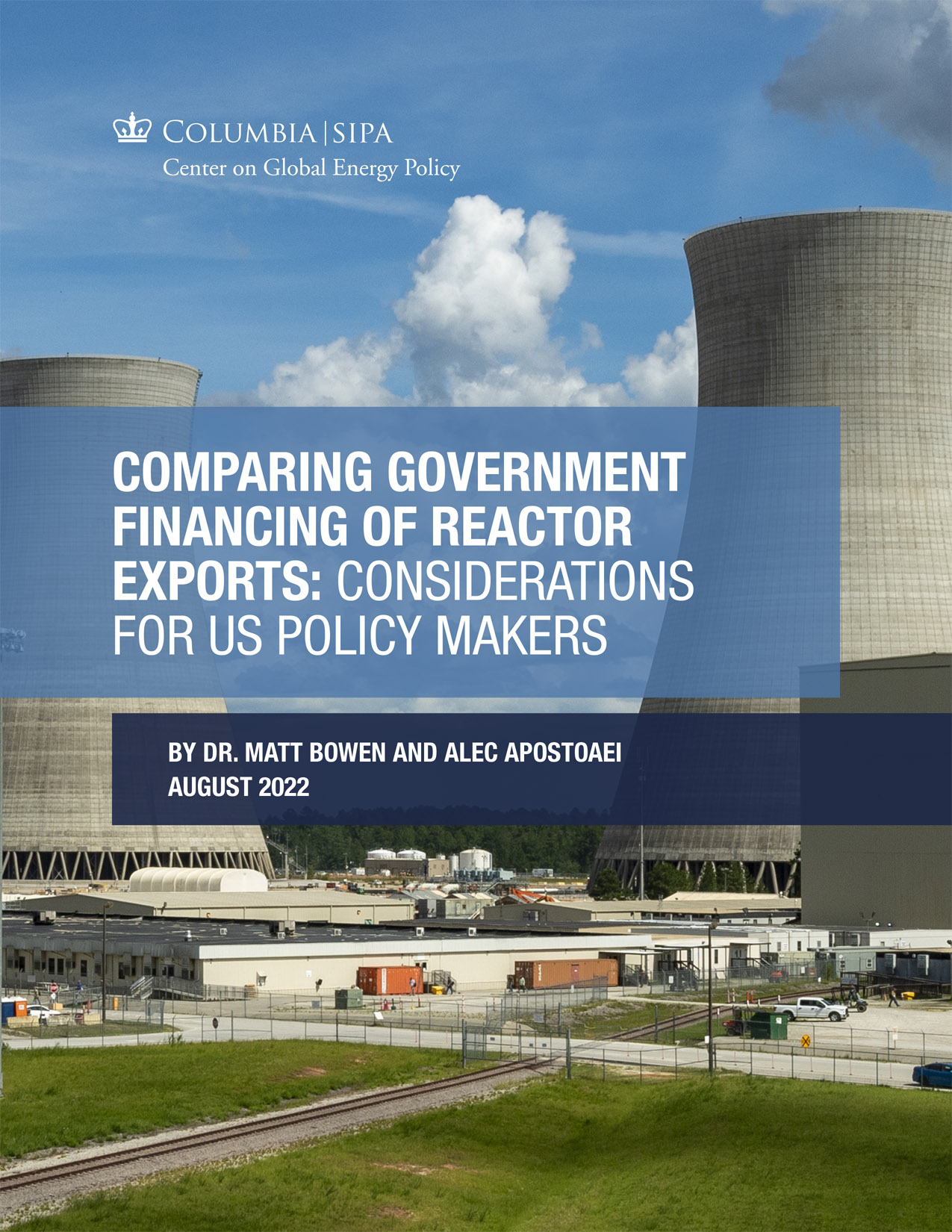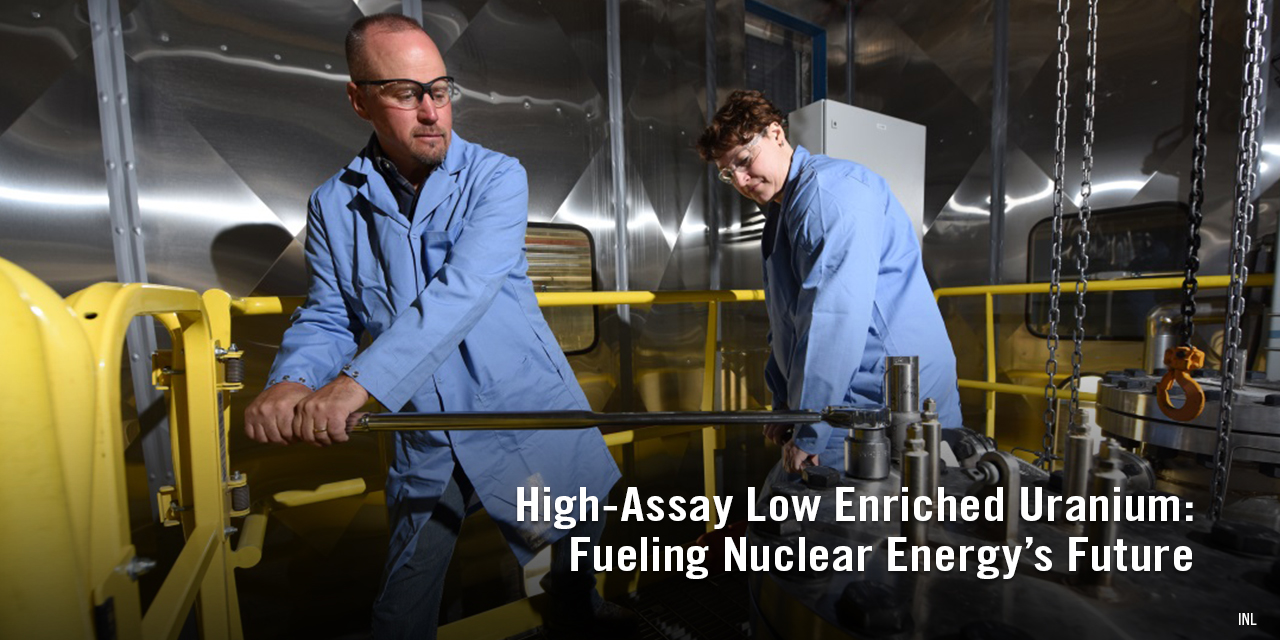Rafael Mariano Grossi, the IAEA's director general, addresses the UN Security Council via video link on August 11. (Photo: IAEA)
Contradictory accusations concerning the artillery shelling of the Zaporizhzhia nuclear power plant in war-torn Ukraine continue to be made by the Ukrainians and Russians. Both sides have acknowledged several hits on the facility, including 10 artillery strikes on the plant’s administrative office and fire station on August 11. As the two countries blame each other for the attacks, independent authorities have been unable to verify the opposing claims.
Meanwhile, at a meeting of the UN Security Council, Rafael Mariano Grossi, director general of the International Atomic Energy Agency, warned that the situation was in “a serious hour, a grave hour.” UN secretary general António Guterres added that it could “lead to disaster.”
European Nuclear Society and American Nuclear Society condemn attacks on Ukraine's nuclear facilities, denounce misinformation on nuclear safety, and reject unfounded proliferation allegations.
The European Nuclear Society (ENS) and the American Nuclear Society (ANS) issued a joint statement expressing support for their Ukrainian colleagues and the International Atomic Energy Agency in ensuring the continued safe operation of Ukraine's nuclear power plants and facilities, amid Russia's ongoing invasion of Ukraine.
Europeans are taking resolute steps to reduce their output of climate-changing gases, but some countries are moving in the wrong direction.
Europeans are taking resolute steps to reduce their output of climate-changing gases, but some countries are moving in the wrong direction.
Many countries are adding solar and wind, which are low-carbon energy sources. Some have moved to biomass, the value of which as a climate cure is not clear. A few are adding reactors, while others are defining nuclear as dirty energy and natural gas as “clean” and are changing their generation mix accordingly.
This is the first newsletter of the ANS Rapid Response Taskforce on the Russian invasion of Ukraine. The Taskforce will issue updates as needed.
Energoatom, photo of Rovno (Rivne) NPP. Rivne NPP | Energoatom
External power supplies were restored to the decommissioning Chernobyl facility following repairs of damaged power lines — before being reportedly damaged again, according to Ukraine's transmission system operator Ukrenergo.
At the press conference, Grossi explained that the IAEA has stopped receiving safeguards information from certain monitoring systems installed at Ukrainian nuclear facilities, as indicated by the red dots.
IAEA director general Rafael Mariano Grossi traveled to Antalya, Turkey, on March 10 to meet with Ukrainian foreign minister Dmytro Kuleba and Russian foreign minister Sergei Lavrov to discuss the safety and security of Ukraine's nuclear facilities. After returning to Vienna, Grossi held a press conference at which he said that a “common denominator” had emerged from the discussions and that both sides agree that something needs to be done. “They are both ready to work and to engage with the IAEA,” he said. “So this is a very important building block.”
The Fukushima Daiichi site before the accident.
Today’s #ThrowbackThursday post looks back at some of Nuclear News’s reporting on the Fukushima Daiichi accident, which was initiated 11 years ago tomorrow. The news reporting includes the initial coverage of the event from the pages of Nuclear News in April 2011 and the in-depth coverage of the 2011 ANS Annual Meeting, where special sessions focused on the accident.
 As energy security and environmental concerns prompt some countries to increase their reliance on nuclear energy or become first-time adopters of the technology, the U.S. government must decide whether it will offer financing for reactor exports—a move that poses financial risks but could create jobs, address global climate and energy security challenges, and limit Chinese and Russian influence. A new report released on August 25 by the Center on Global Energy Policy at Columbia University’s School of International and Public Affairs, Comparing Government Financing of Reactor Exports: Considerations for U.S. Policy Makers, digs into the history of nuclear reactor financing and delivers recommendations for U.S. policymakers.
As energy security and environmental concerns prompt some countries to increase their reliance on nuclear energy or become first-time adopters of the technology, the U.S. government must decide whether it will offer financing for reactor exports—a move that poses financial risks but could create jobs, address global climate and energy security challenges, and limit Chinese and Russian influence. A new report released on August 25 by the Center on Global Energy Policy at Columbia University’s School of International and Public Affairs, Comparing Government Financing of Reactor Exports: Considerations for U.S. Policy Makers, digs into the history of nuclear reactor financing and delivers recommendations for U.S. policymakers.











